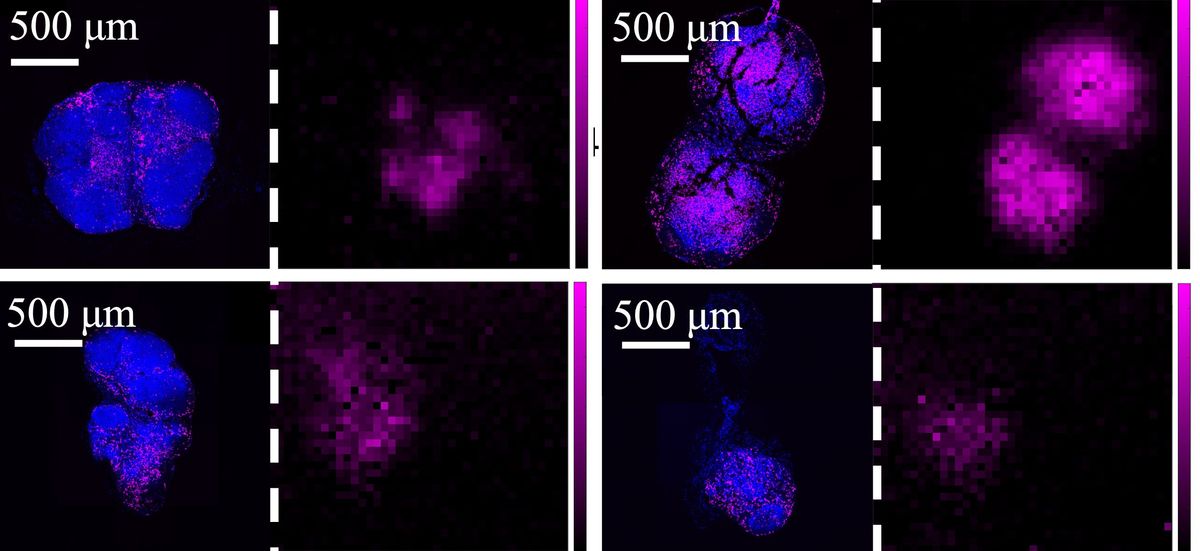The Golden State's Department of Motor Vehicles (DMV) must think it has checked into an IT version of Hotel California, where once a DMV modernization project is started, it can never ever finish it.
Last week, on behalf of DMV's management, California’s CIO informed state legislators that it had decided to cancel at the end of January the remainder of its US $208 million, 6-year IT modernization project with Hewlett-Packard, which was supposed to be completed in May of this year. As reported in the LA Times, after spending some $134 million ($50 million on HP) and having “significant concerns with the lack of progress,” the DMV decided to call it quits and do a rethink of the program’s direction. HP had apparently saw the handwriting on the wall. Its contract ended last November, and HP refused to hire key staff until the contract was renegotiated.
The DMV IT modernization program was started in 2006 in the wake of a previous DMV project failure (called Info/California) that blew through $44 million between its start in 1987 and cancellation in 1994. That “hopeless failure,” as it was then described, was supposed to be a 5-year, $28 million effort; when it was terminated seven years in, the project’s cost to complete had skyrocketed to an estimated $201 million with an uncertain finish date. A 1994 LA Times story reported that an assessment found the DMV had limited experience in computer technology, grossly underestimated the project’s scope and size, and lacked consistent and sustained management. The project's failure also sparked a full legislative probe.
The current DMV debacle, along with this month’s termination of the MyCalPay’s project, has spurred calls for yet another probe. Legislators could save a lot of time and money by just cutting and pasting from the the earlier project's investigation. I'm sure they'll find a lot of the same inexperience, underestimating, and inconsistent management.
Not all was lost in the current effort: at least a new system for issuing California drivers’ licenses was rolled out. However, the critical vehicle registration portion of the DMV system, with its decades-old “dangerously antiquated technology” (pdf), will have to stay in use while a new go-forward plan is developed.
In looking over the latest project status reports, I couldn’t help but notice how California Technology Agency can be so exact with the project’s total estimated cost ($208 103 287.00), yet be so inexact about the DMV’s IT modernization status. According to the CTA’s dashboard, the project’s status was “yellow” (meaning that the project is slipping) right up until the day it was cancelled. As far as I can tell it never reached “red,” meaning “a project that is in need of immediate intervention.” Coincidentally, the US Air Force’s $1 billion Expeditionary Combat Support System (ECSS) project humiliation was also rated by the US Department of Defense’s CIO as “yellow” right up to the day it was terminated. Maybe we should alert the fashion press that yellow is the new red.
This is the second DMV-related fiasco in the past six months for HP courtesy of EDS, which it bought in 2008. As I mentioned in December, HP and the state of Vermont agreed to a “no-fault” divorce over a botched six-year, $18.5 million DMV IT system modernization effort. HP agreed to refund Vermont the $8.37 million it was paid, and Vermont returned to HP all the physical and virtual rights to the software and documents created by HP. Vermont citizens will have to put up with their 36-year old DMV IT system for a while longer as well as the state tries to figure out what to do next.
EDS won the Vermont DMV contract in 2006, and that no doubt helped it in its bid to win the California DMV contract in 2007. However, I don’t think either state would now agree much with HP’s claim that as far as motor vehicle administration solutions, it has “The right technology and the right skills.”
I don't know the record length of time and number of attempts for trying to replace an IT legacy system, but for the moment, California's DMV's 26 years and two attempts and still counting has to be close. Anyone have one better?
Photo: Thomas Winz/Getty Images
Robert N. Charette is a Contributing Editor to IEEE Spectrum and an acknowledged international authority on information technology and systems risk management. A self-described “risk ecologist,” he is interested in the intersections of business, political, technological, and societal risks. Charette is an award-winning author of multiple books and numerous articles on the subjects of risk management, project and program management, innovation, and entrepreneurship. A Life Senior Member of the IEEE, Charette was a recipient of the IEEE Computer Society’s Golden Core Award in 2008.



